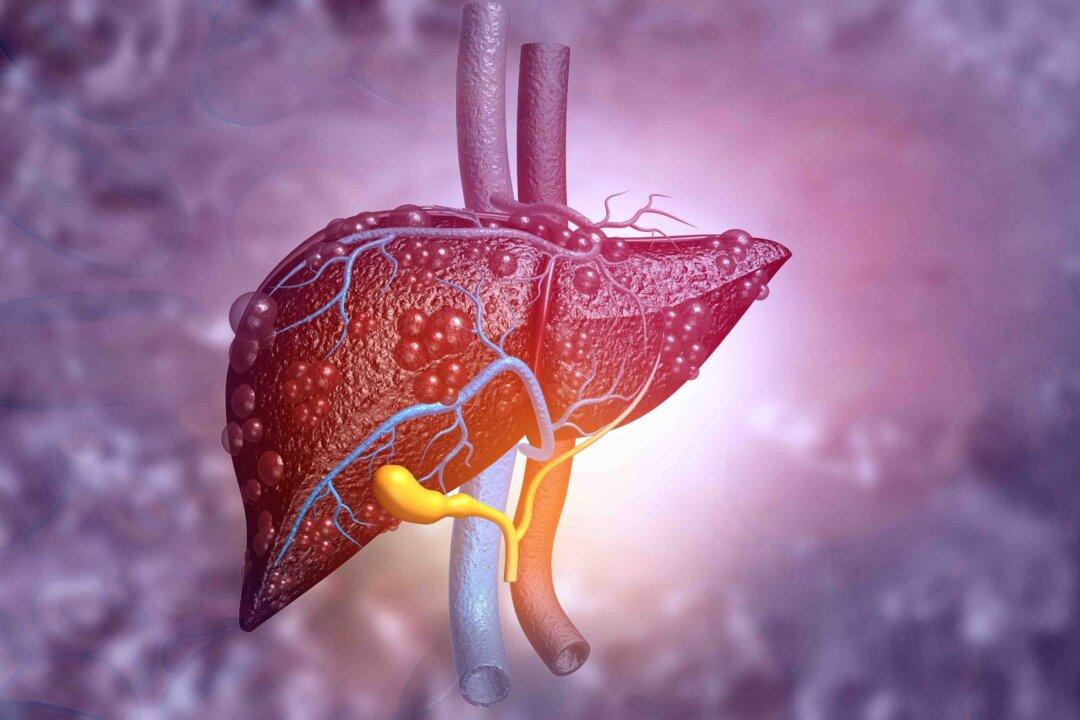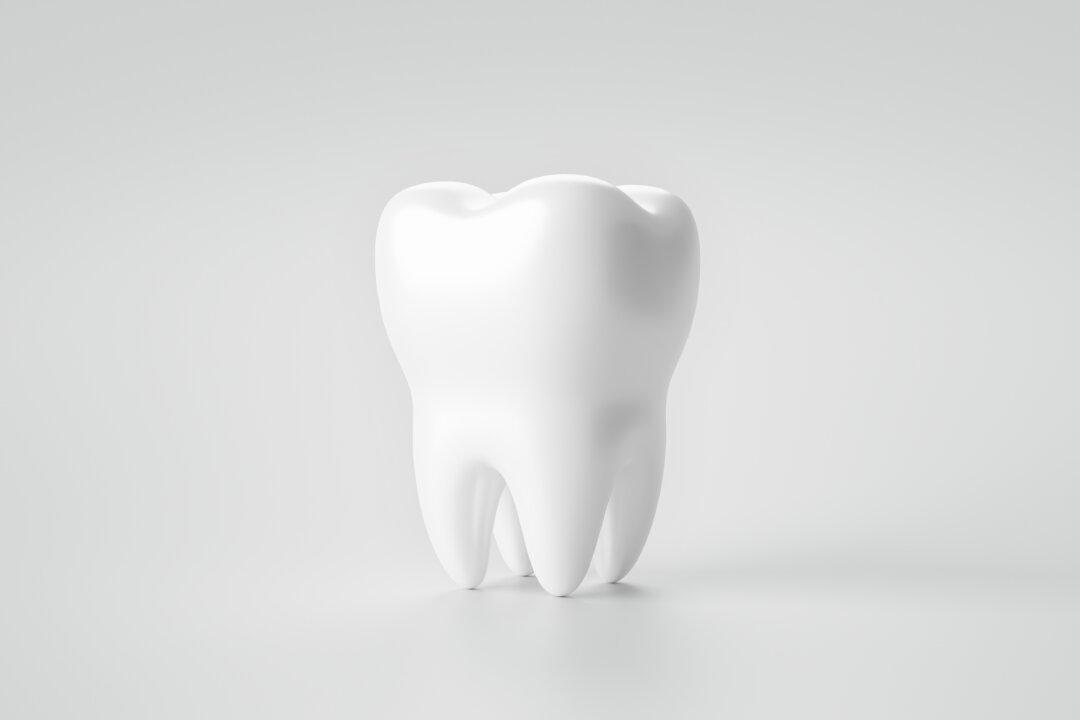A new study from a team of researchers from University College London (UCL) has found a link between heart health and brain aging. Researchers used MRI scans to estimate people’s brain age and found multiple risk factors for a prematurely aging brain.
Sarah has a diploma in Nutritional Therapy from Health Sciences Academy in London, England, and enjoys helping others by teaching healthy lifestyle changes through her personal consultations and with her regular contributions to the Doctors Health Press.
Author’s Selected Articles





